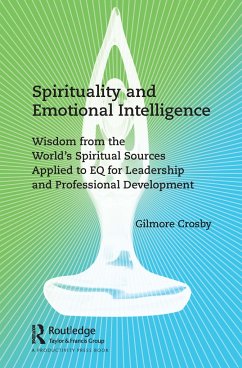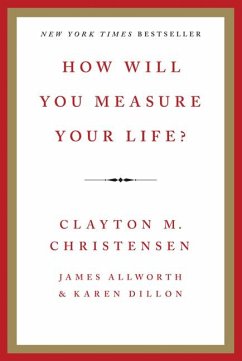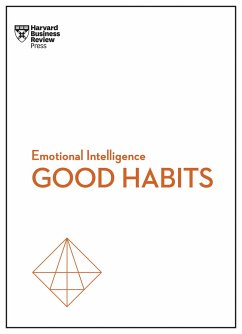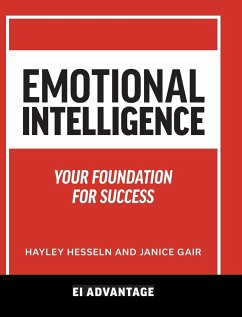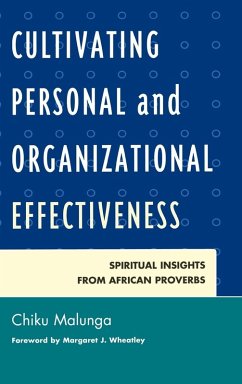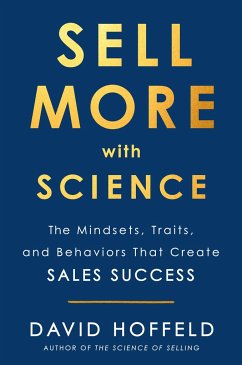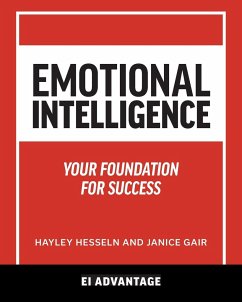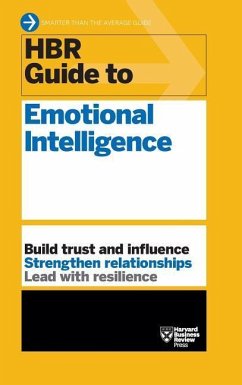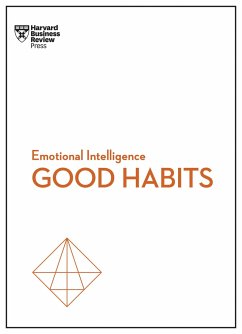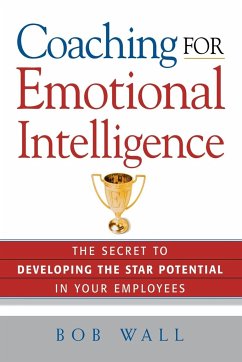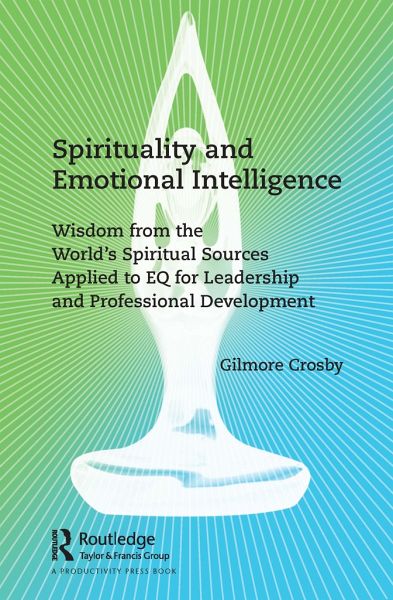
Spirituality and Emotional Intelligence
Wisdom from the World's Spiritual Sources Applied to EQ for Leadership and Professional Development
Versandkostenfrei!
Versandfertig in 1-2 Wochen
35,99 €
inkl. MwSt.
Weitere Ausgaben:

PAYBACK Punkte
18 °P sammeln!
This book weaves together spirituality and a systemic version of emotional intelligence that incorporates Kurt Lewin's social science and other sources. Emotional intelligence calls on us to be fully present "to the moment." It calls on us to be appreciative of ourselves and our relationships. Likewise, a calm and compassionate presence is almost universally recognized as a spiritual way of being. In other words, the overwhelming majority of the world's spiritual sources call on us to be emotionally intelligent and that link is explored with unique clarity in this simple yet powerful text. We ...
This book weaves together spirituality and a systemic version of emotional intelligence that incorporates Kurt Lewin's social science and other sources. Emotional intelligence calls on us to be fully present "to the moment." It calls on us to be appreciative of ourselves and our relationships. Likewise, a calm and compassionate presence is almost universally recognized as a spiritual way of being. In other words, the overwhelming majority of the world's spiritual sources call on us to be emotionally intelligent and that link is explored with unique clarity in this simple yet powerful text. We are all reactive at times. Becoming more objective and less attached allows us to feel our feelings without being a prisoner to acting on them in habitual ways. From a more detached perspective, feelings are neither good nor bad, but simply clues as to how we are perceiving our environment, especially our social environment. This is especially important in terms of our relationships at work. Our perceptions about what people intend trigger our emotional reactions. Think about the difference when you perceive critical feedback as a sincere attempt to help or when you perceive it as an attack of some sort. Perception evokes different emotional responses. Objectivity about our own perception is even more important than objectivity about emotion, because the former usually precedes the later. Paradoxically, being detached allows one to appreciate and experience one's emotions more fully. Recognizing emotion as part of your inner guidance system instead of as something dangerous that must be controlled or denied is freeing. The less emotion runs you, the more you can accept feeling what you feel. Emotion is a form of physical energy. Fighting your own feelings takes energy. Allowing the ebb and flow of emotion is essential to physical and emotional health and to accepting ourselves as we are.





